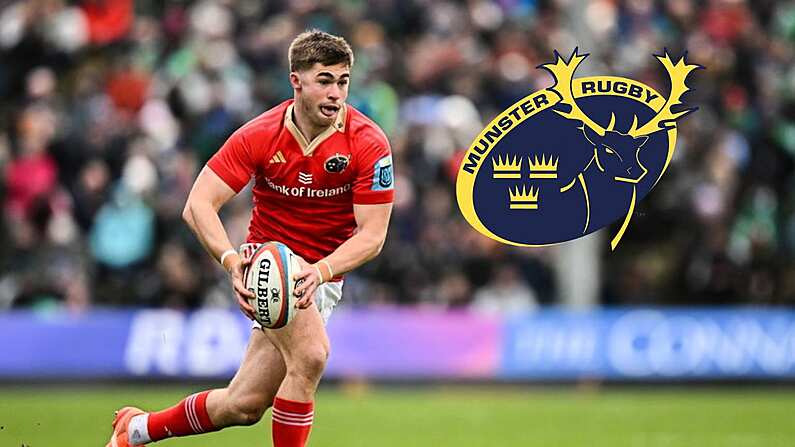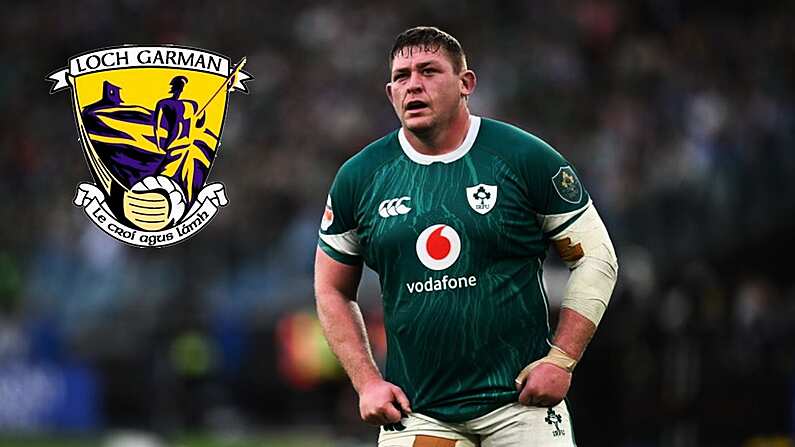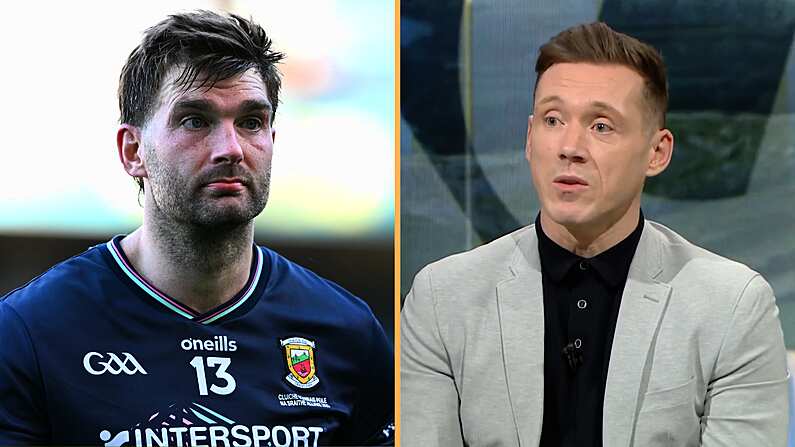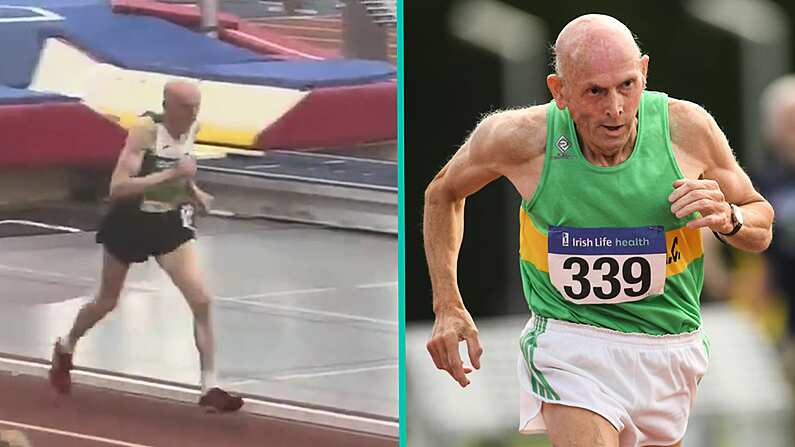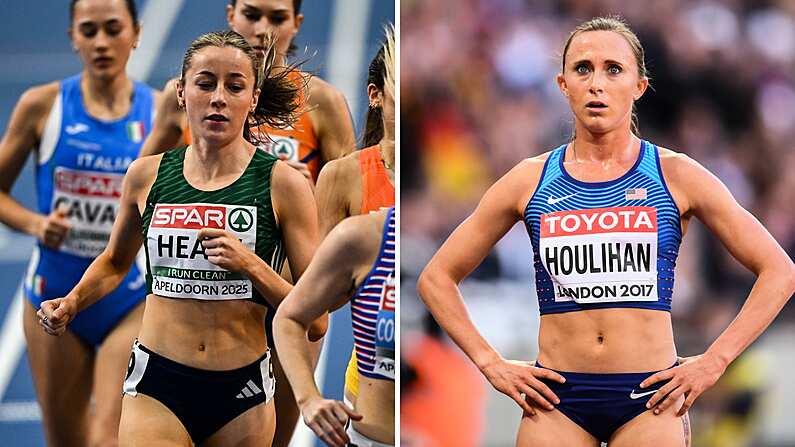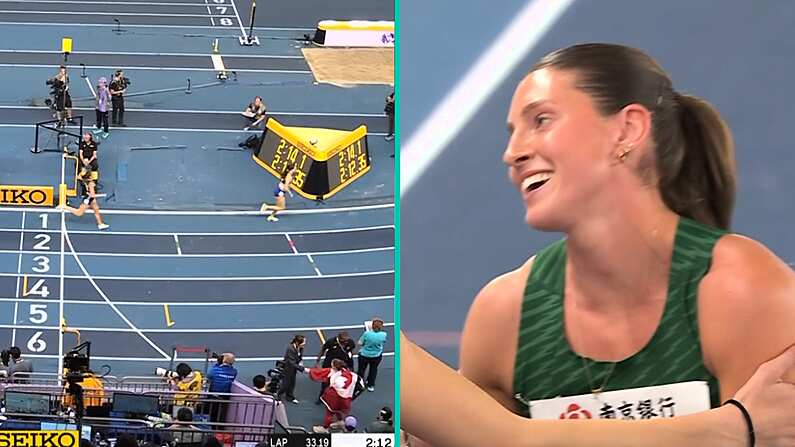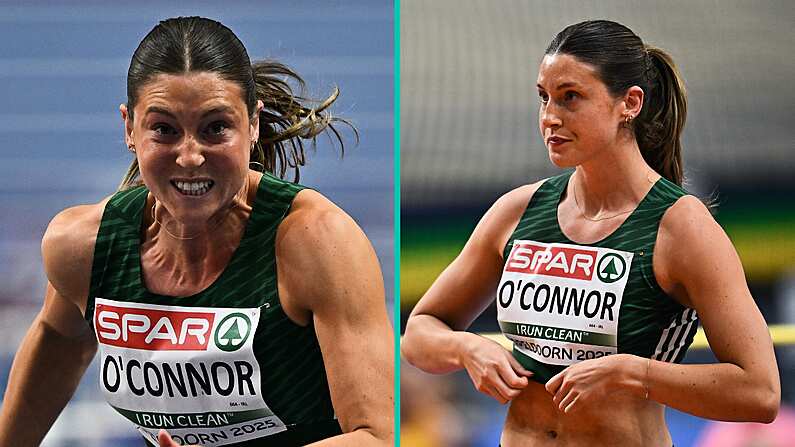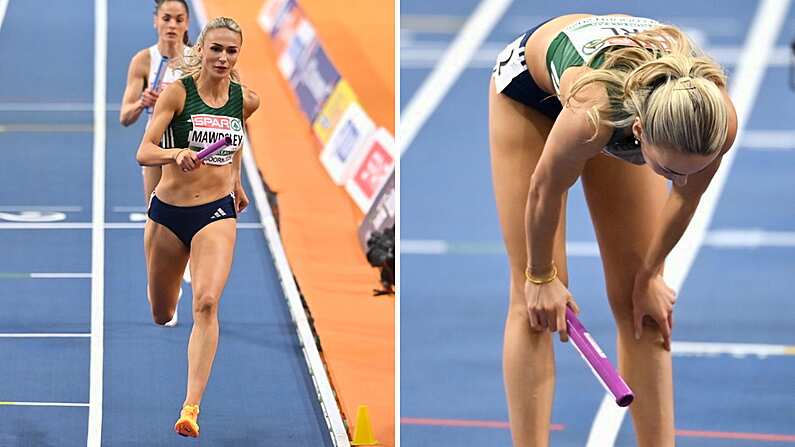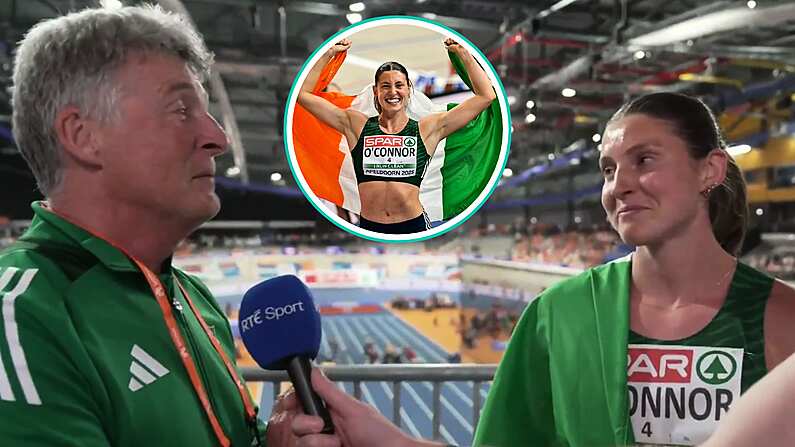The Wings for Life Run is no ordinary race for charity. This event takes place across the world at 10am GMT, with the Irish leg taking place in the amazing surrounds of the Ring of Kerry, which will be shut down for the occasion.
Not only are you racing against the world, but you can tailor the race to your skill-set, choose your distance and take it on. Join up here.
In the build up to the big race on May 4th, we will be taking you through some of the top tips for beating your personal best and bringing you lessons from the world of sport that we all can learn from.
Today:
1. Derek Redmond
If Upworthy had been around when Derek Redmond was running, it would have exploded with excitement. Redmond was poised at the starting blocks in the 400 m semi-final in Barcelona, having won the quarter-final with the quickest time in the round. Around the 200m mark, disaster struck. His hamstring snapped, and he pulled up violently, clutching the back of his leg in agony. He sat crouched on the track for a few seconds, head bowed, processing the enormity of it all. His chance had gone. Then, abruptly he decided to get up and hop the last 200 metres.
As he hobbled around the bend, his face contorted with the pain of it all, a man arrived to shepherd him on his long road to the finish line, waving off the various walkie-talkie bearers who were making efforts to usher him off the track. The man was revealed to be none other than his old daddy, Jim. Officially he was deemed not to have finished the race as he leant on his father's shoulder and clearly staggered outside his lane, but this is a rather pedantic point. It hasn't stopped the Morgan Freeman narrated adverts either.
This is the Banbi dying of sport.
2. Alain Mimoun
The ultimate bridesmaid becomes the bride story. Mimoun was runner-up to the legendary Czech runner Emile Zatopek so often he became known as Zatopek's little shadow.
Their rivalry started when Zatopek took gold in the 10,000 at the 1948 London Olympics, with Mimoun finishing second. That year, the pair struck up a friendship which saw Mimoun act as the Czech's best man at his wedding. On the track, however, their relationship continued to have same dynamic.
At the 1950 European Championships, Zatopek continued to accumulate gold medals while Mimoun stocked up on silver. Zatopek won both the 5000 and 10000 metres, with Mimoun finishing in second. The exact same thing happened at the 1952 Olympics.
By 1956, with both nearing the end, they switched to the marathon. The decision makers in French athletics fell about laughing when Mimoun told them he wanted to switch to the marathon but he persisted, trained like a demon. He showed up at Melbourne confident. However, he made a hash of the 10,000 metres, finishing 12th. No one fancied him for the Marathon...
Mimoun ran well in the sweltering heat, and with a couple of miles left, he took off, entered the packed stadium all on his own. He crossed the finish line as champion, having finally beaten his great friend Zatopek.
Forty years later, Mimoun would be speaking to a documentary filmmaker about the race, and about what a great man Zatopek was and how he had finally beaten him. With tears streaming down his face, he stood up, chanting "I have beaten Zatopek, I have beaten Zatopek, I have Zatopek..." At the end of the race, Mimoun went up to Zatopek, who came in 6th, telling him he won Gold...
Mimoun describes Zatopek's reaction: "Emil turned and looked at me as if he were waking from a dream. Then he snapped to attention. Emil took off his cap — that white painting cap he wore so much — and he saluted me. Then he embraced me."
Alain Mimoun sheds tears when he speaks of it. "Oh, for me," he said, "that was better than the medal.
3. Roger Bannister
These days if you run a four minute mile in the Olympics, you'd come a distant last, but back in the early 50s, it was often regarded as some kind of crazy dream. Maybe a bit more plausible than sticking a man on the moon, but not a whole lot. While the Russians and the Americans obsessed about doing the latter, the corinthian Brits throw everything into doing the former.
After finishing fourth in the 1952 Olympics, a disappointed Bannister was seized by a new goal. breaking the four minute mile. With significantly less training done than any modern athletes, Bannister made his tilt at the milestone at the Iffley Road Track in Oxford. Passing Chris Chataway with half a lap left, he kicked for home, running the final lap in 59 seconds. He collapsed at the end. Everyone waited for the announcement of the time.
Norris McWhirter, one of the twin nerds behind the Guinness Book of Records, made the announcement in a stately, officious tone
Ladies and gentlemen, here is the result of event nine, the one mile: first, number forty one, R. G. Bannister, Amateur Athletic Association and formerly of Exeter and Merton Colleges, Oxford, with a time which is a new meeting and track record, and which—subject to ratification—will be a new English Native, British National, All-Comers, European, British Empire and World Record. The time was three...
No one heard beyond the word "three". The crowd drowned out the rest of the announcement like it was the final bars of Amhrain na bhFiann at a hurling match.
Ironically, Bannister, the first man to run a sub-four minute mile was the shortest lived record holder of the century as Australian John Landy beat his record in June of that year, running 3.57
A true amateur of the old stock, Bannister went on to have a typically distinguished career as a neurologist.
4. Jesse Owens
With Hitler and rest of the charming men in his cabinet looking on in disgust, Jesse Owens nonchalantly took home four gold medals at the Berlin Olympics in 1936, winning in the 100m, the 200m, the long jump and the 4 x 100 m relay. He won over the German public, who, contrary to many of the myths that have been peddled since the Olympics, cheered him warmly.
Owens. who unlike most African-Americans, was a supporter of the US Republican party, seemed to be more perturbed by the non-response to his achievements by Franklin D Roosevelt than by any perceived snub from Hitler. Nonetheless, according to Albert Speer his achievements did bug Hitler and gave lie to the assumption that African-Americans were an inferior race.
5. Adiba BIkila
It was eleven years before Babs Keating did it an All-Ireland hurling final. And it was 24 years before Zola Budd tripped over a rival competitor doing it in the Los Angeles. Nonetheless, the Ethiopian great Adebe Bikila was the first and his efforts in Rome wowed everyone and started a trend that would be all the rage in school sports days for years to come.
With two hours to go before the start of the start of the marathon at the 1960 Olympics, Bikila was agitated by his Adidas sponsored boots. We don't want to blind you with technical, overly scientific explanations for his unhappiness with the footwear. Quite simply, they didn't fit comfortably. So he discarded them and ran barefoot. He won the race by 25 seconds. When asked afterwards why he had run barefoot, he said...
I wanted the whole world to know that my country, Ethiopia, has always won with determination and heroism


